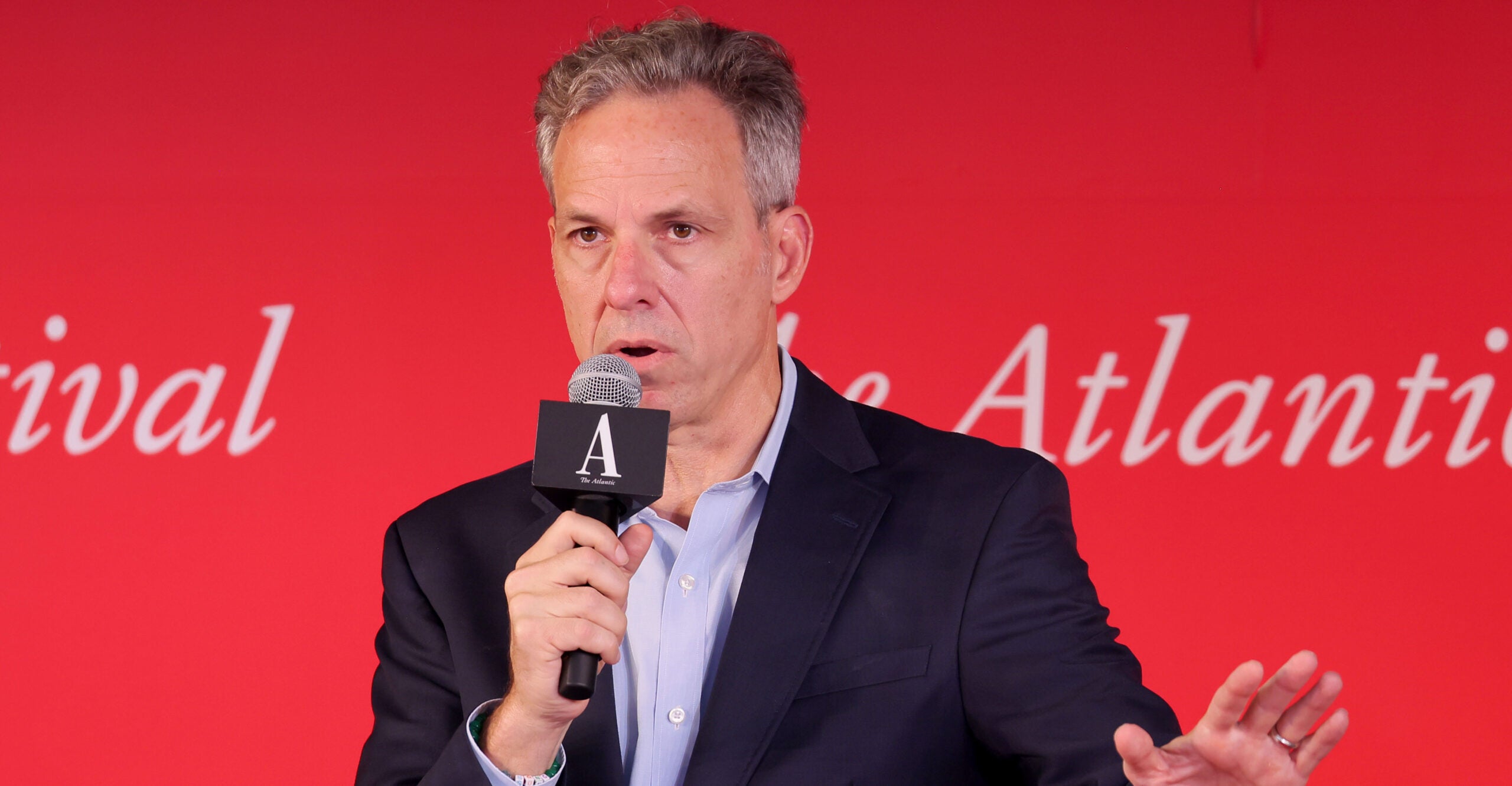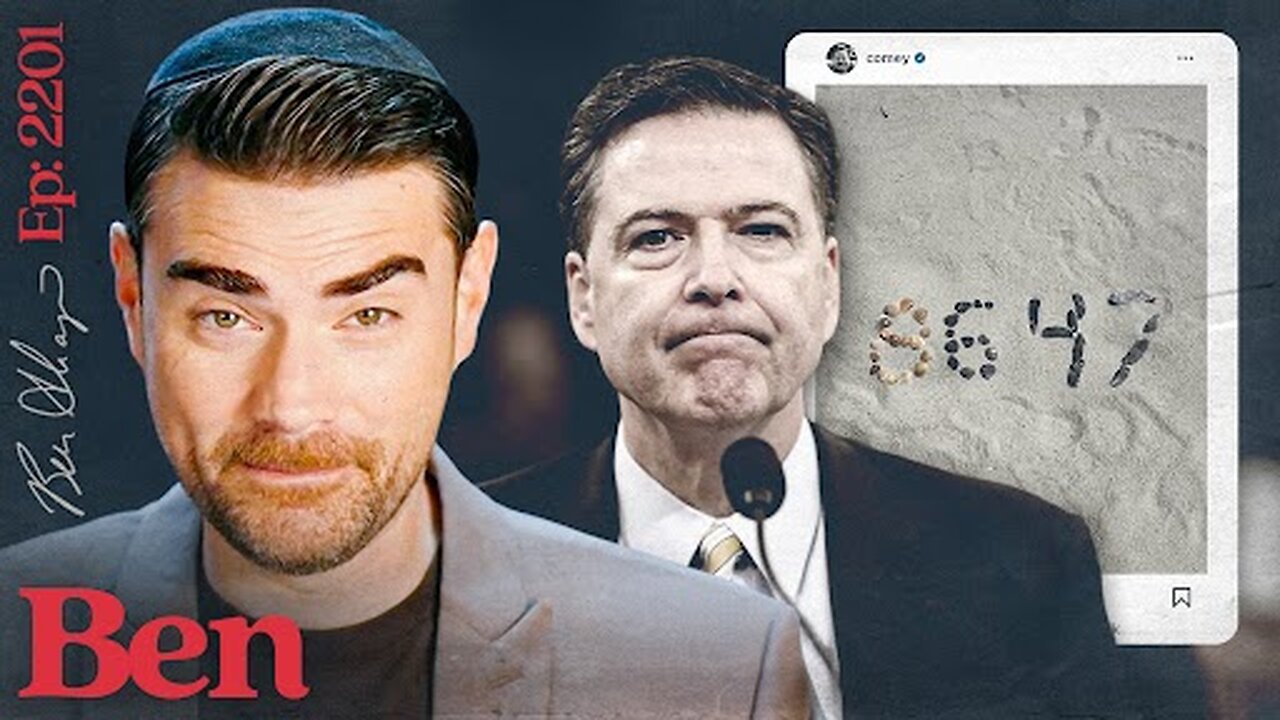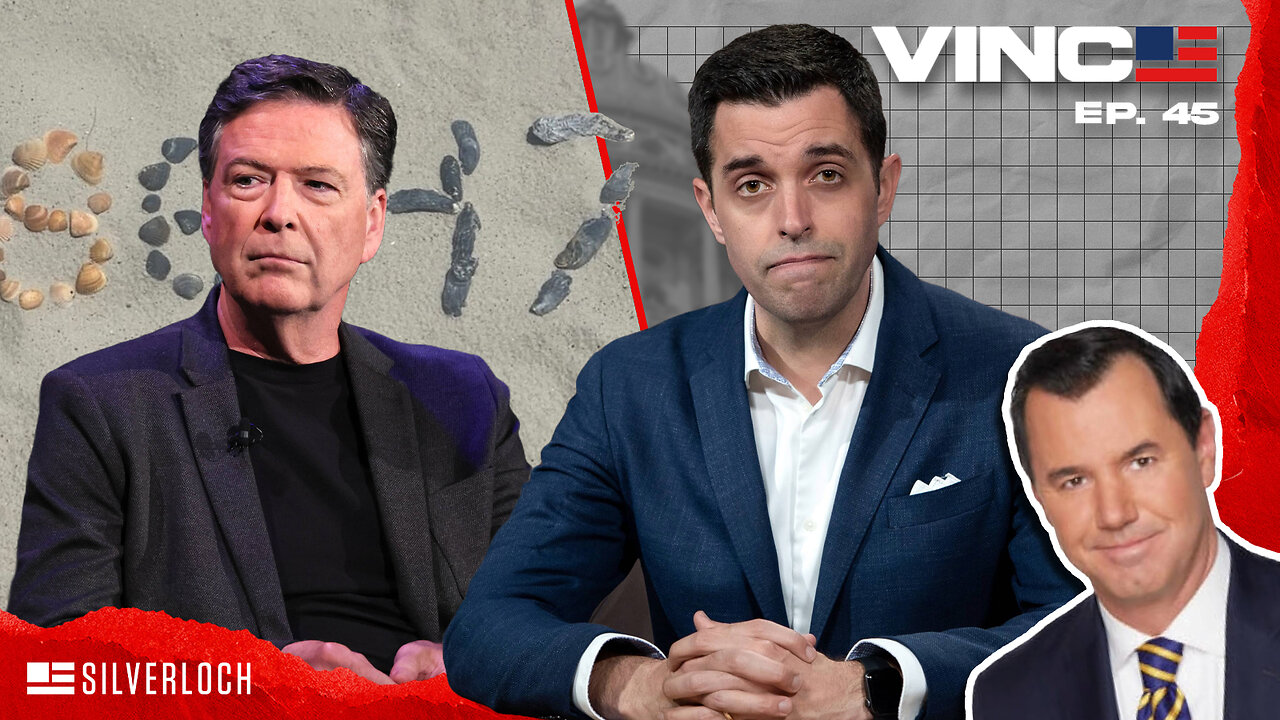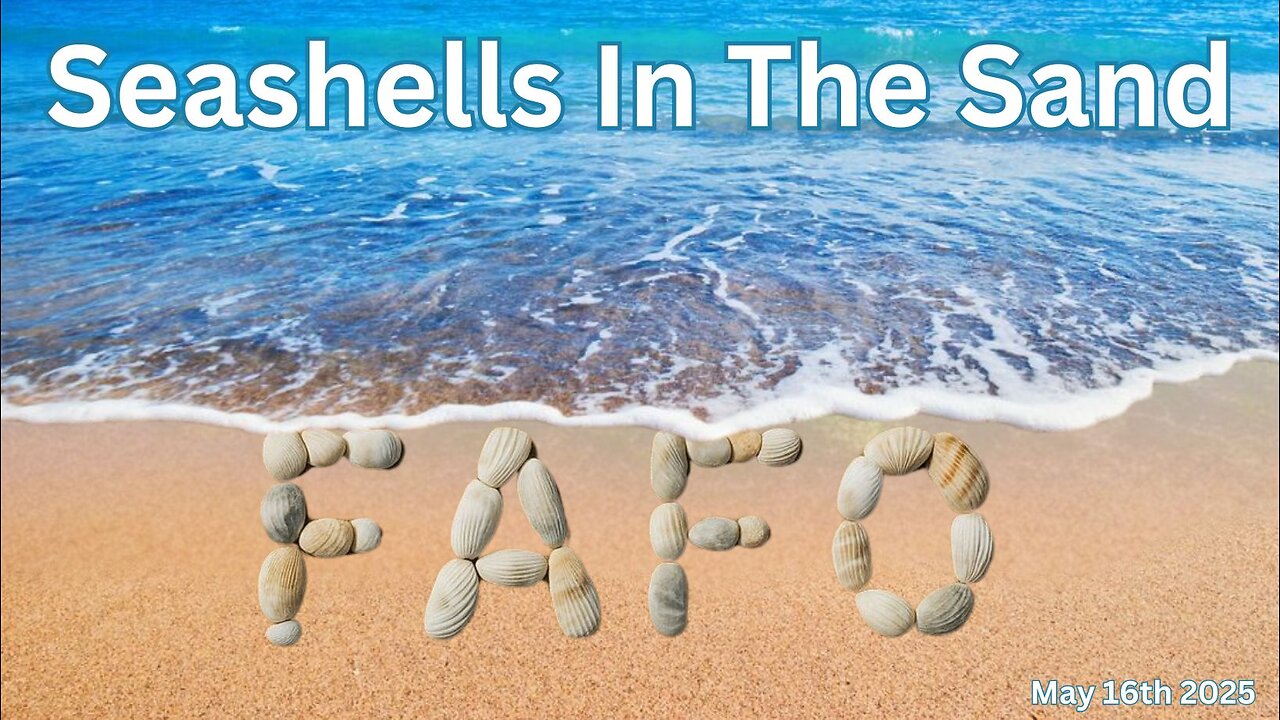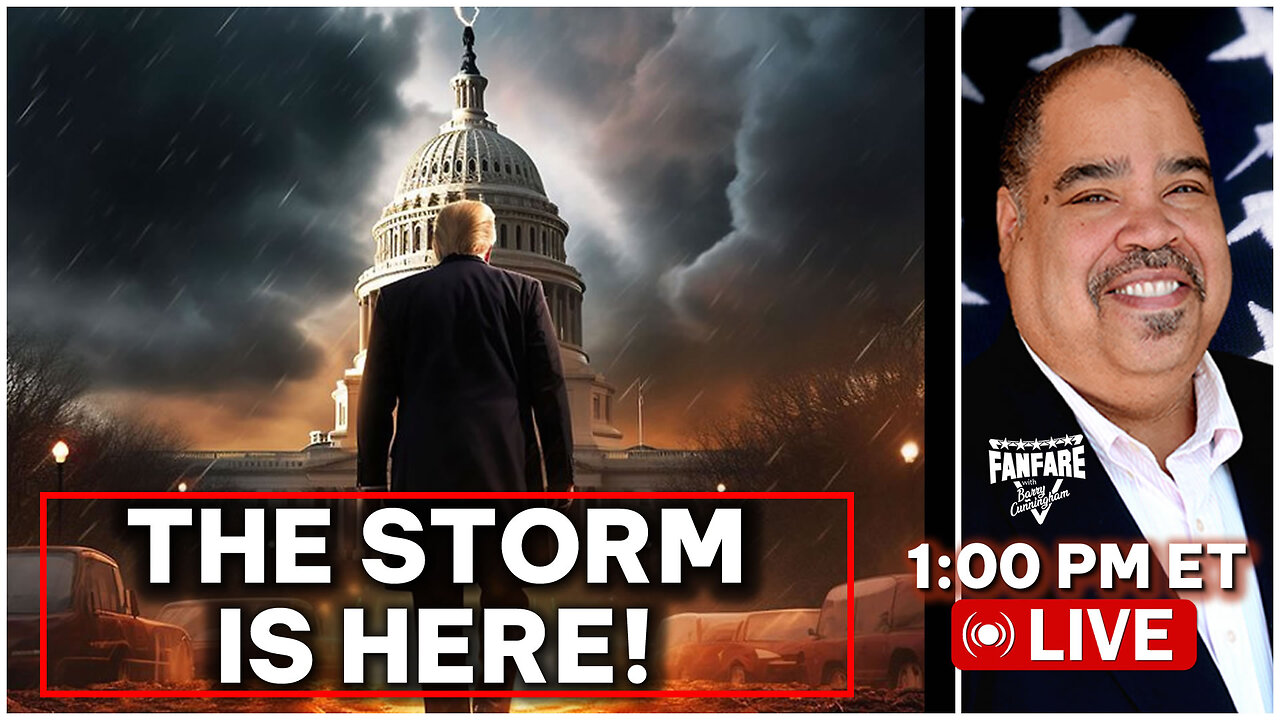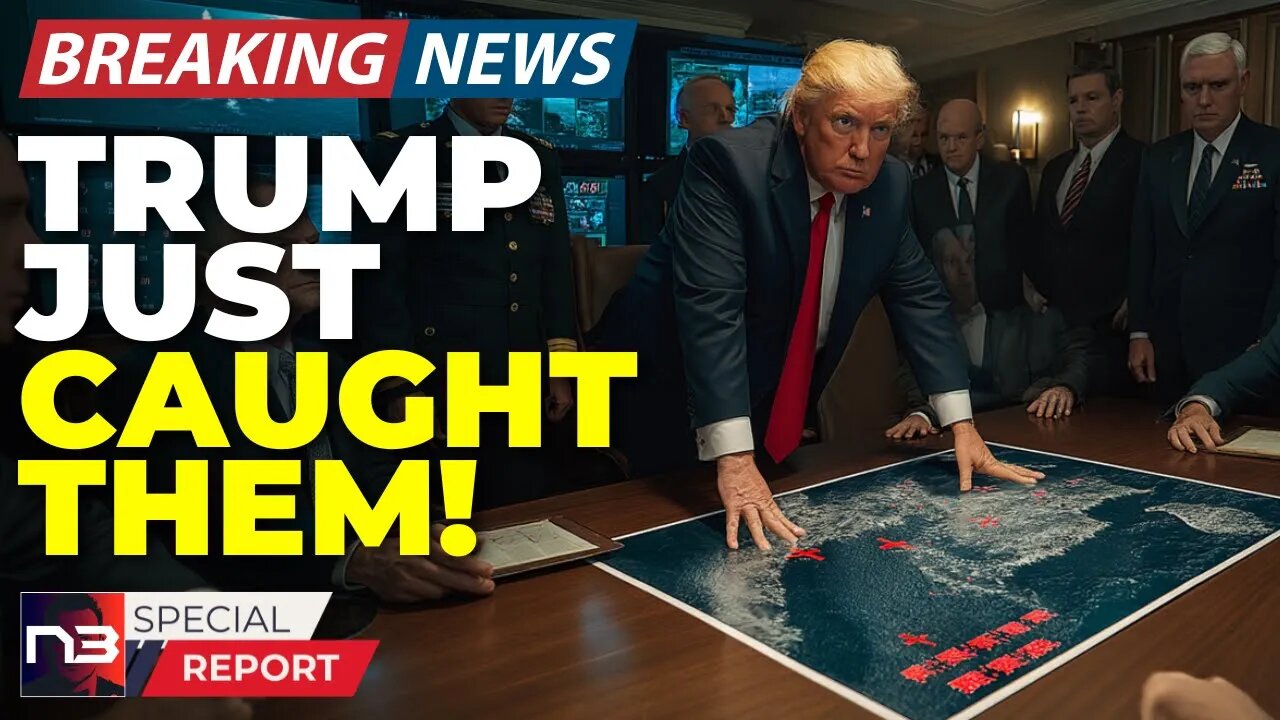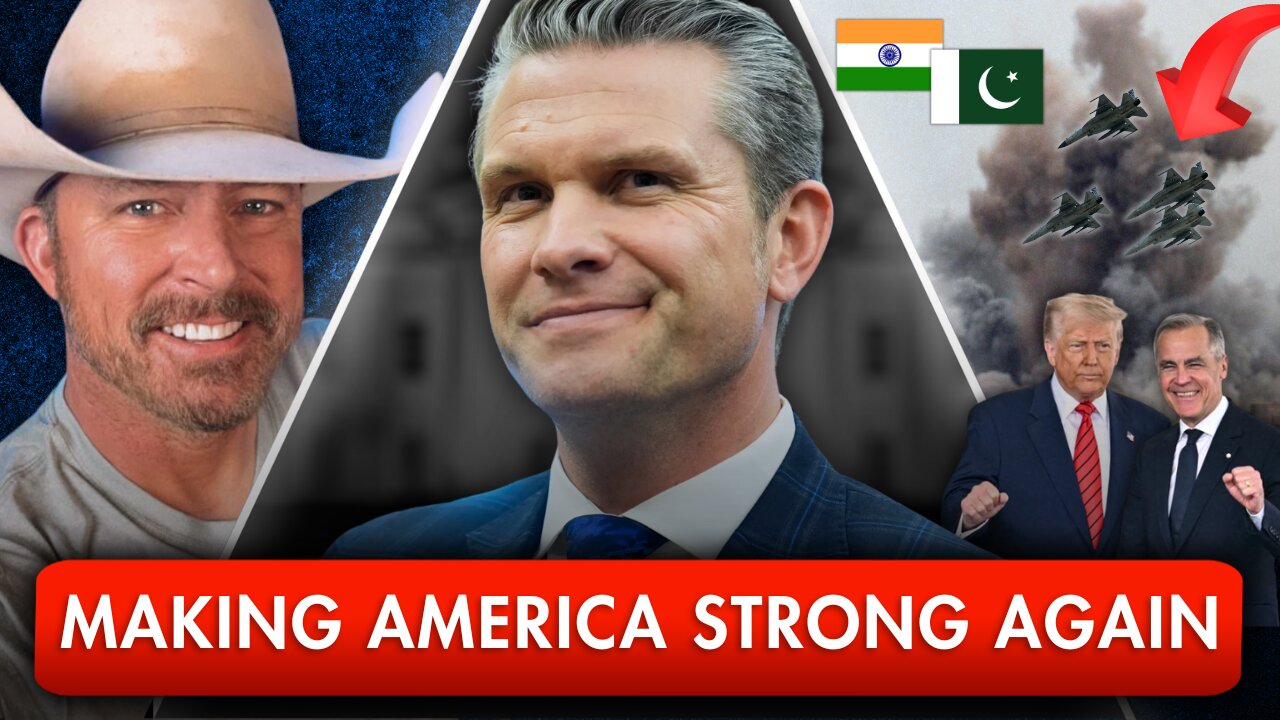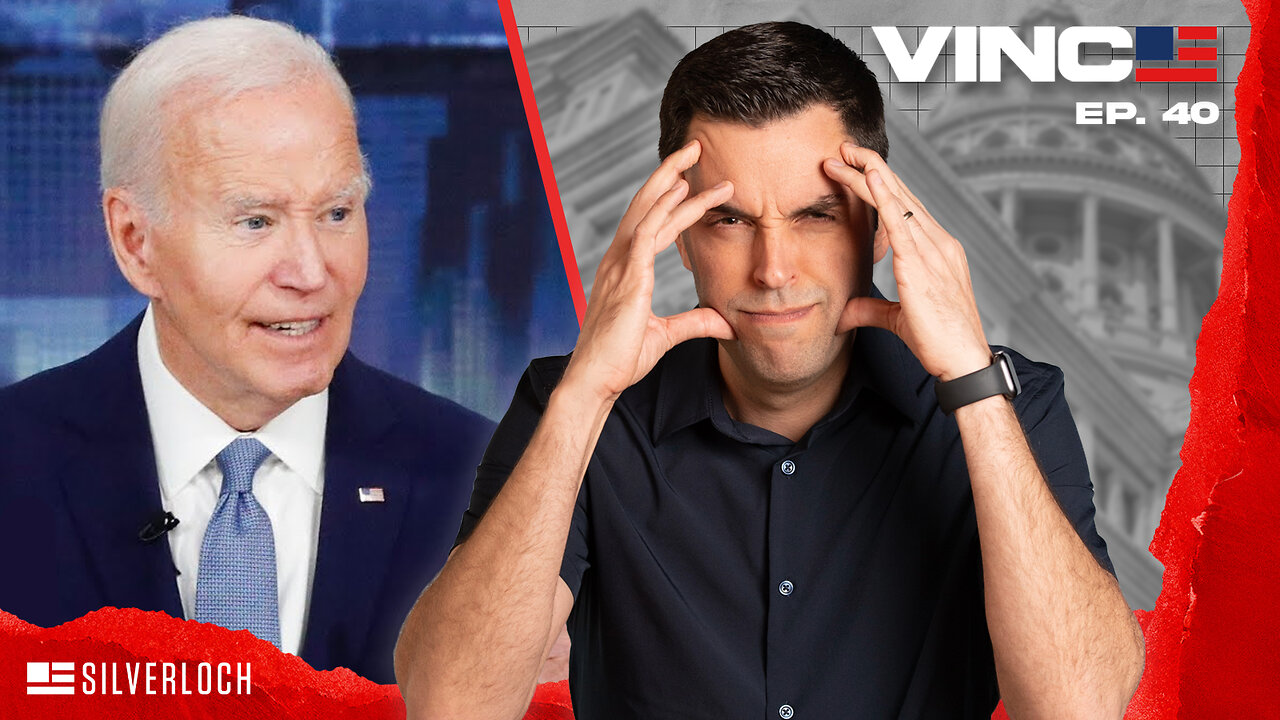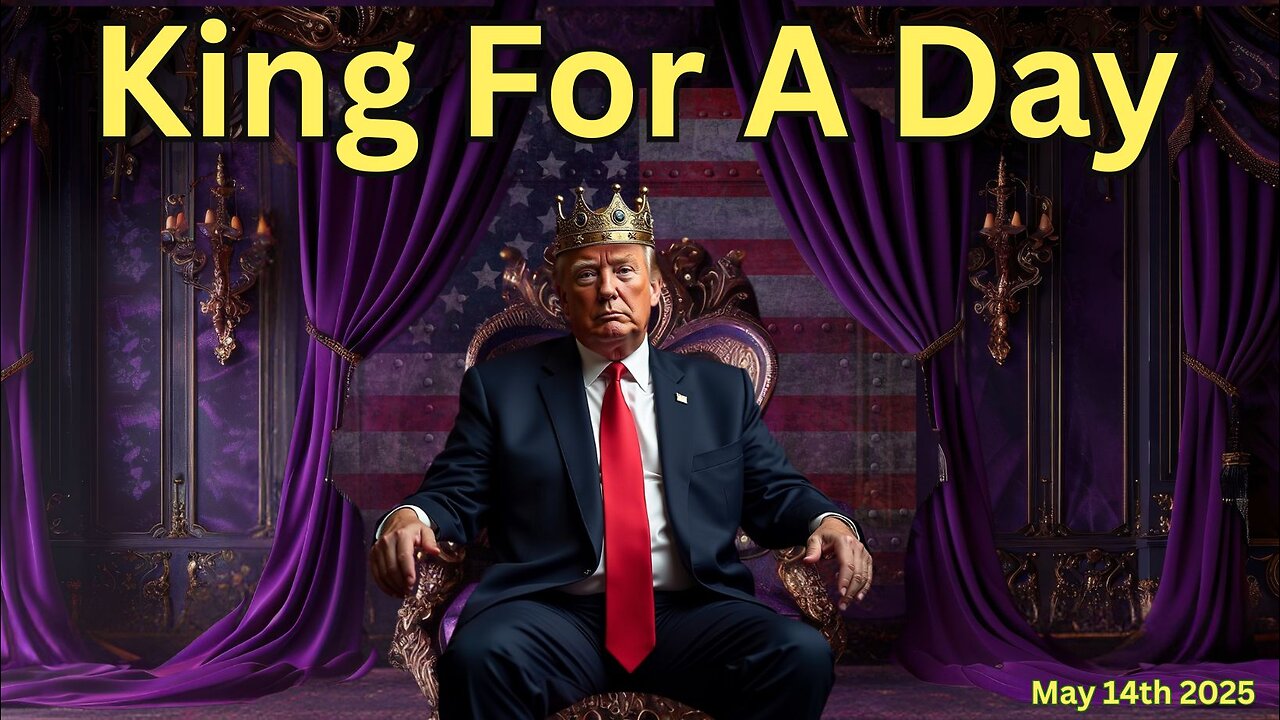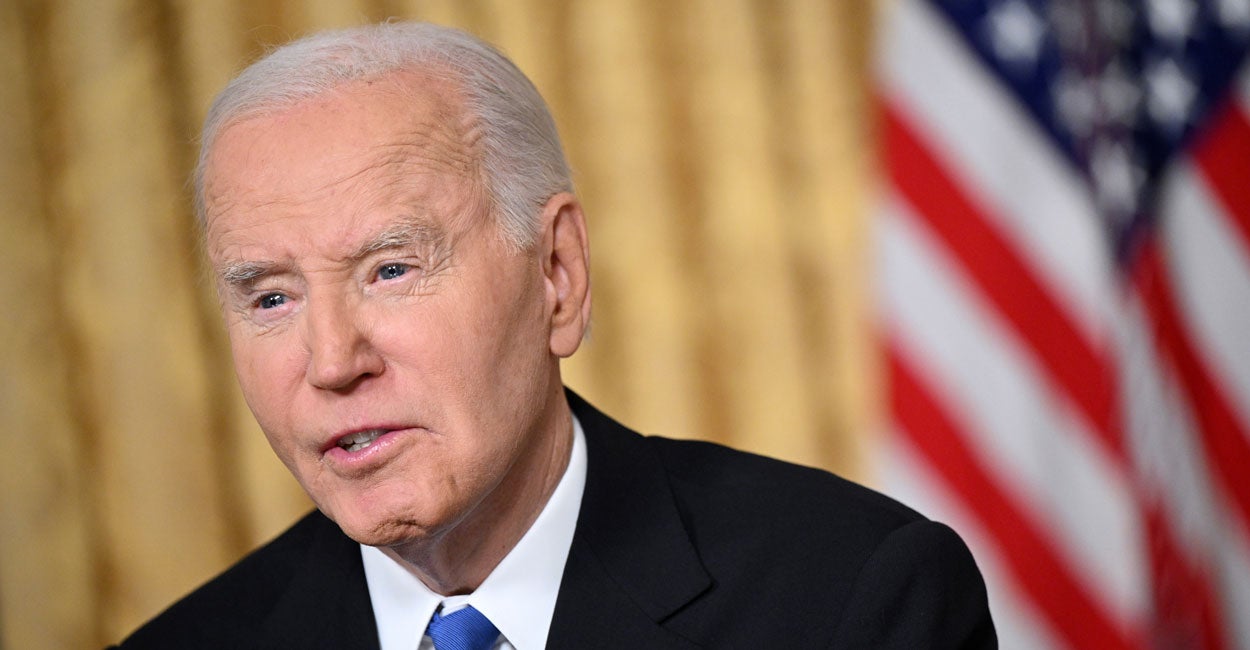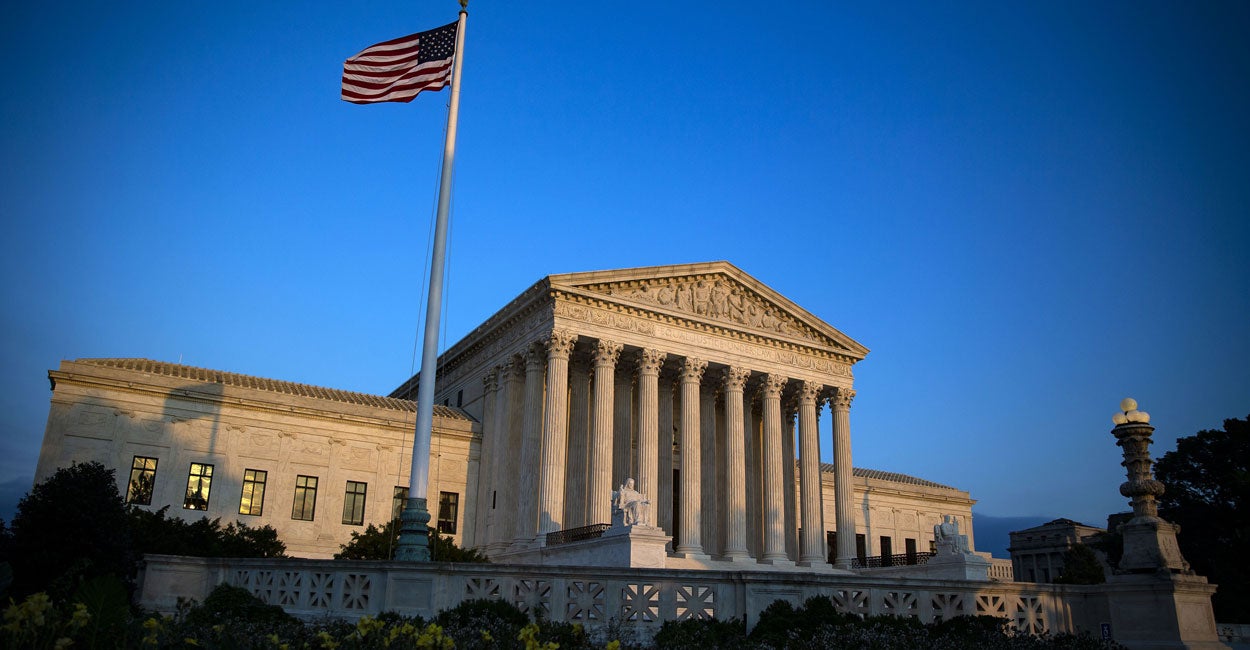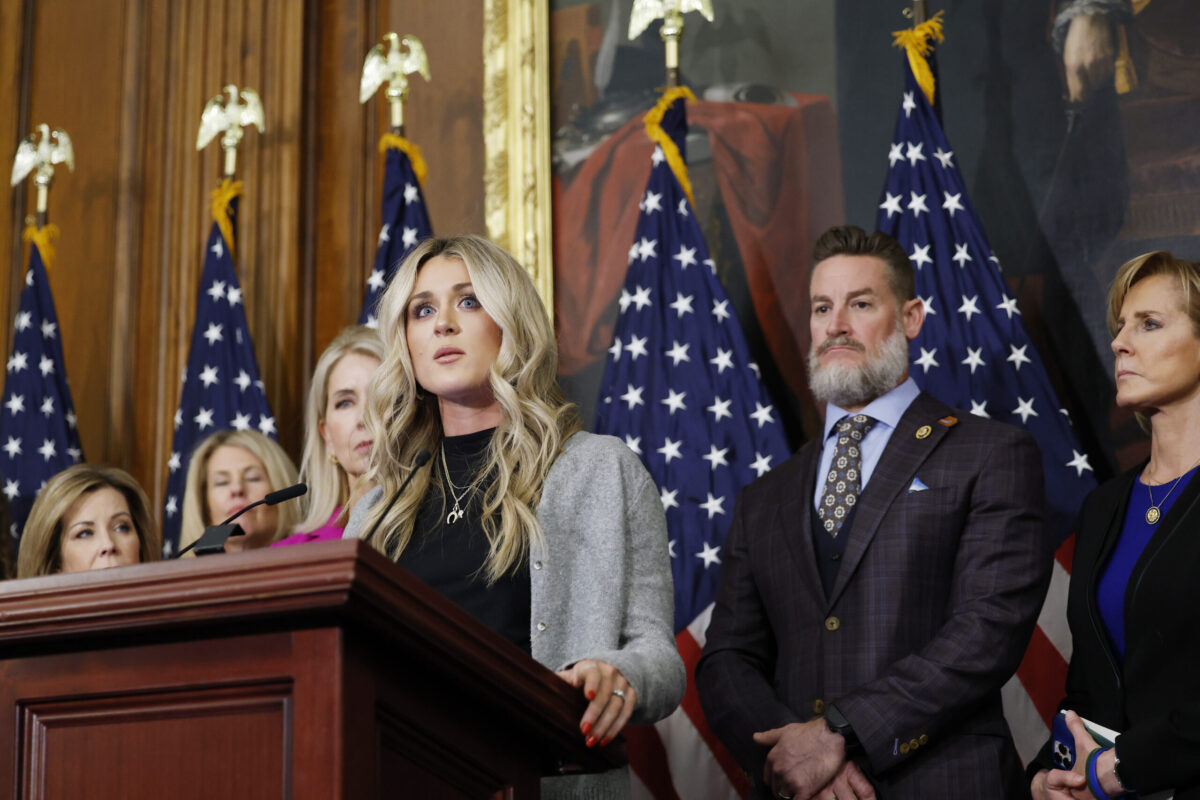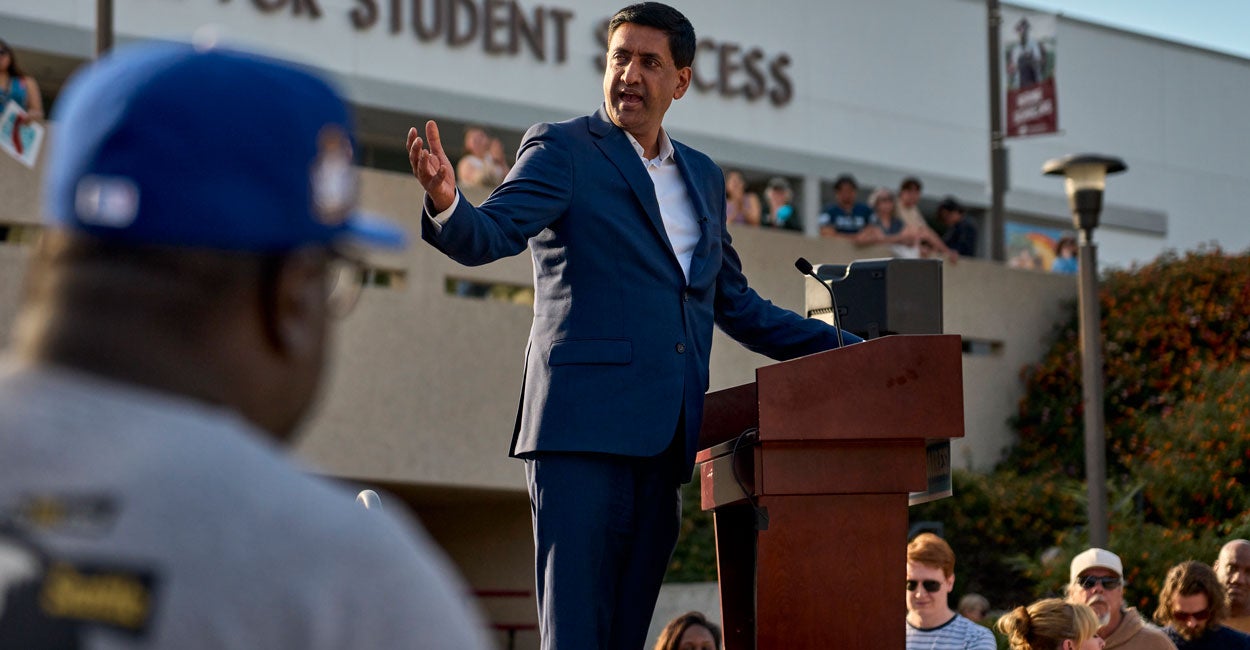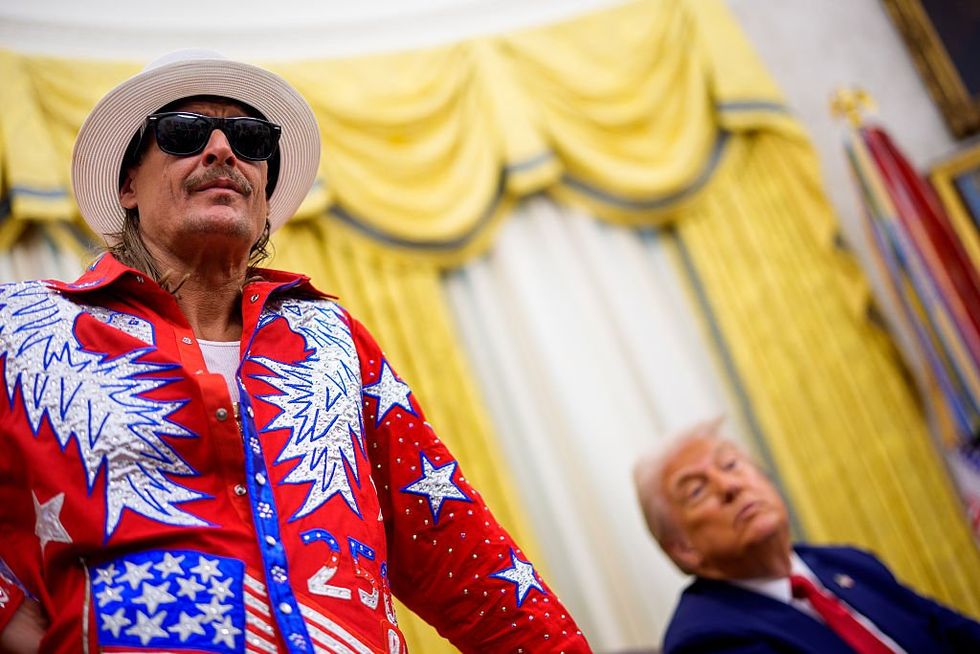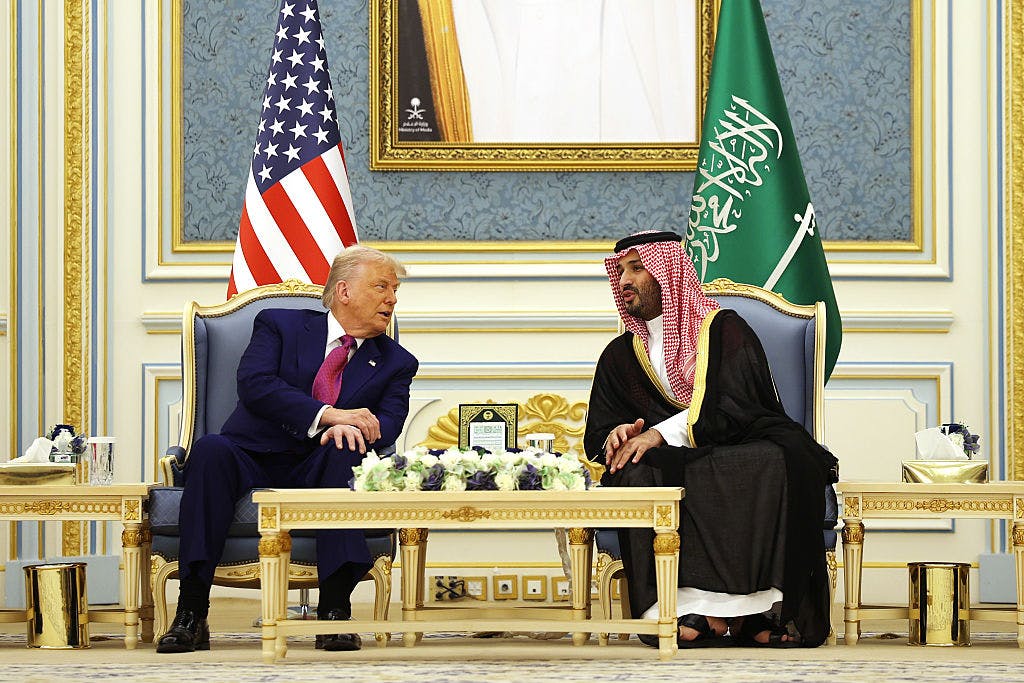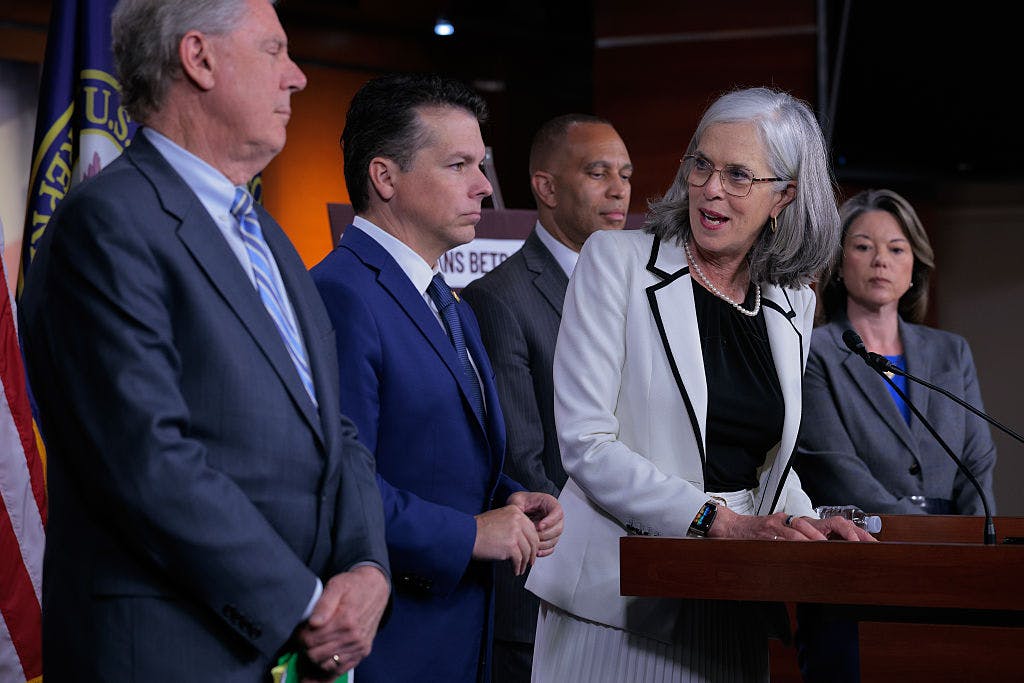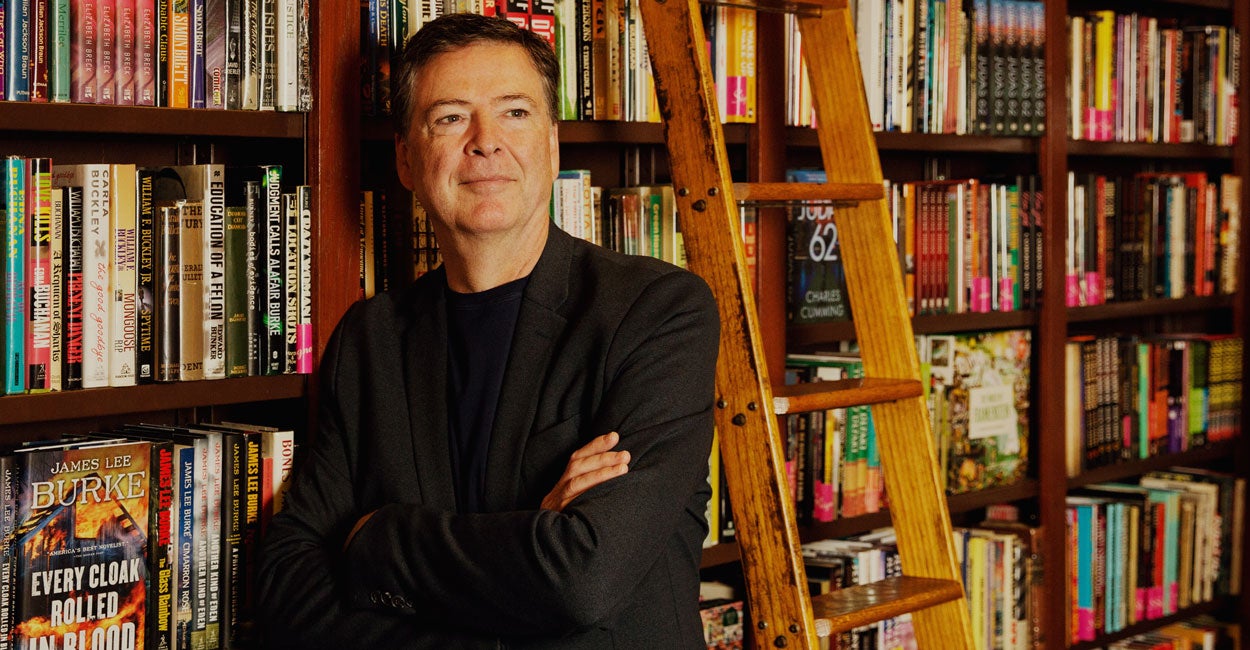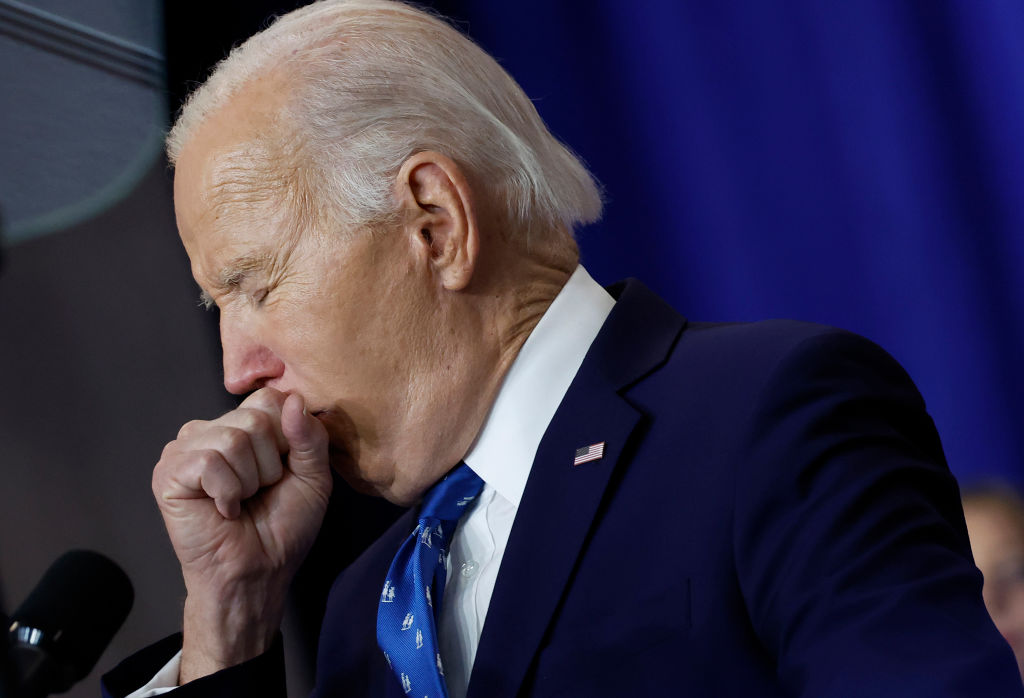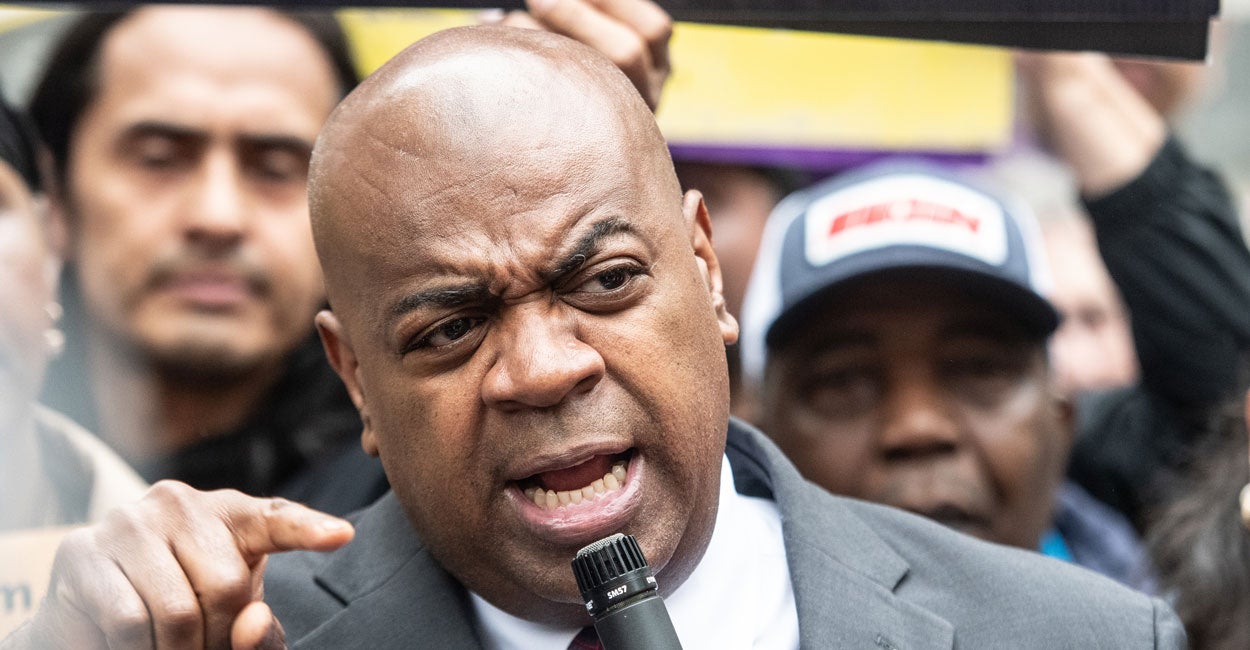A pragmatic approach to America’s energy independence



In the cacophony of contemporary political discourse, few phrases resonate with the visceral immediacy of “Drill, baby, drill.” This slogan, emblematic of a robust conservative approach to energy policy, has been both vilified and venerated. However, in the quest for a balanced perspective, it’s imperative we dissect not just the slogan but the philosophy it represents. Here, I argue for a nuanced understanding of drilling that acknowledges economic imperatives while not wholly dismissing environmental considerations.
Economic Realities
Firstly, let us confront the elephant in the room: energy is the lifeblood of modern economies. The U.S., despite its advancements in renewable energies, remains tethered to oil and gas not out of antiquated loyalty but from an acute awareness of economic necessity. The slogan “Drill, baby, drill” is less about environmental insensitivity and more about economic pragmatism. It’s about recognizing that while the transition to renewables is vital, it cannot be abrupt without jeopardizing economic stability.
Consider the jobs in question. The energy sector doesn’t just mean rig workers; it involves entire supply chains, from manufacturing to transportation, impacting millions. When we talk about drilling, we’re discussing real livelihoods, not just abstract energy policies. The economic argument for drilling isn’t merely about filling gas tanks cheaper; it’s about sustaining industries, supporting small towns, and maintaining national economic health during a transition period that, despite aggressive targets, will span decades.
The Misnomer of Climate Neglect
To label “Drill, baby, drill” as climate denialism is to misunderstand its intent. This isn’t an all-or-nothing approach to energy but a call for a balanced strategy where fossil fuels and renewables coexist. The transition to green energy is not a light switch but a dimmer, needing careful adjustment.
Moreover, the environmental narrative around drilling often overlooks advancements in technology. Modern drilling techniques, like precision drilling and enhanced recovery methods, are less invasive and more efficient than in the past. The focus should be on regulating these practices to minimize environmental impact, not on demonizing the industry wholesale.
Carbon capture and storage (CCS) technologies, for instance, offer a bridge. If we can drill, why can’t we also innovate in capturing the carbon emitted? The dialogue should shift towards integrating drilling with emerging technologies that allow for cleaner fossil fuel use, rather than an either-or debate.
Strategic Autonomy
Energy independence isn’t merely an economic issue; it’s a matter of national security. Dependence on foreign oil has geopolitical ramifications, influencing international relations and sometimes compromising national interests. “Drill, baby, drill” in this context becomes a mantra for strategic autonomy. In an era where energy can be weaponized, the ability to produce your own resources isn’t just about saving at the pump; it’s about securing your nation’s future.
A Balanced Approach
Here, the conservative viewpoint isn’t dismissing climate change; it’s about a strategic, phased approach. If we compare energy policy to a chess game, “Drill, baby, drill” is not a checkmate but a necessary move to fortify our position. It’s about leveraging what we have now to fund and stabilize the transition to what we need for tomorrow.
This balanced approach involves:
– Regulation, Not Prohibition: Implementing stringent environmental regulations that ensure drilling is done safely. This means investing in technology and oversight to prevent disasters like Deepwater Horizon, ensuring companies internalize the environmental costs.
– Innovation Incentives: Encouraging innovation in both fossil fuel extraction and utilization technologies. This includes supporting research into CCS and cleaner refining processes.
– Economic Diversification: While drilling provides immediate economic benefits, the future lies in diversifying energy portfolios. This means not just supporting oil and gas but also investing heavily in renewable energy sectors to create jobs and infrastructure for the future.
– International Leadership: Instead of isolating ourselves, we should lead by example. By showing how a major economy can balance growth with environmental stewardship, the U.S. can influence global energy practices positively.
Conclusion
“Drill, baby, drill” should not be seen as a war cry against the environment but as a call for pragmatic balance in energy policy. It’s about recognizing that while we must move towards sustainability, we must do so without crashing our economic engine. The real challenge is not in choosing between drilling or not but in how we drill, how we innovate, and how we transition.
This op-ed isn’t just for conservatives; it’s for anyone who understands that solutions to our global problems need to be practical, not just idealistic. We’re in a marathon, not a sprint, towards sustainability. “Drill, baby, drill” can be part of that journey, provided we drill wisely, with an eye on the future, not just today’s benefits. Let’s refine the slogan to “Drill, innovate, and transition,” ensuring that our path to environmental stewardship is as economically sound as it is ecologically responsible.
Ronald Beaty is a former Barnstable County Commissioner, and a lifelong resident of Cape Cod, Massachusetts.
SUPPORT TRUTHFUL JOURNALISM. MAKE A DONATION TO THE NONPROFIT WND NEWS CENTER. THANK YOU!
What's Your Reaction?
 Like
0
Like
0
 Dislike
0
Dislike
0
 Love
0
Love
0
 Funny
0
Funny
0
 Angry
0
Angry
0
 Sad
0
Sad
0
 Wow
0
Wow
0

